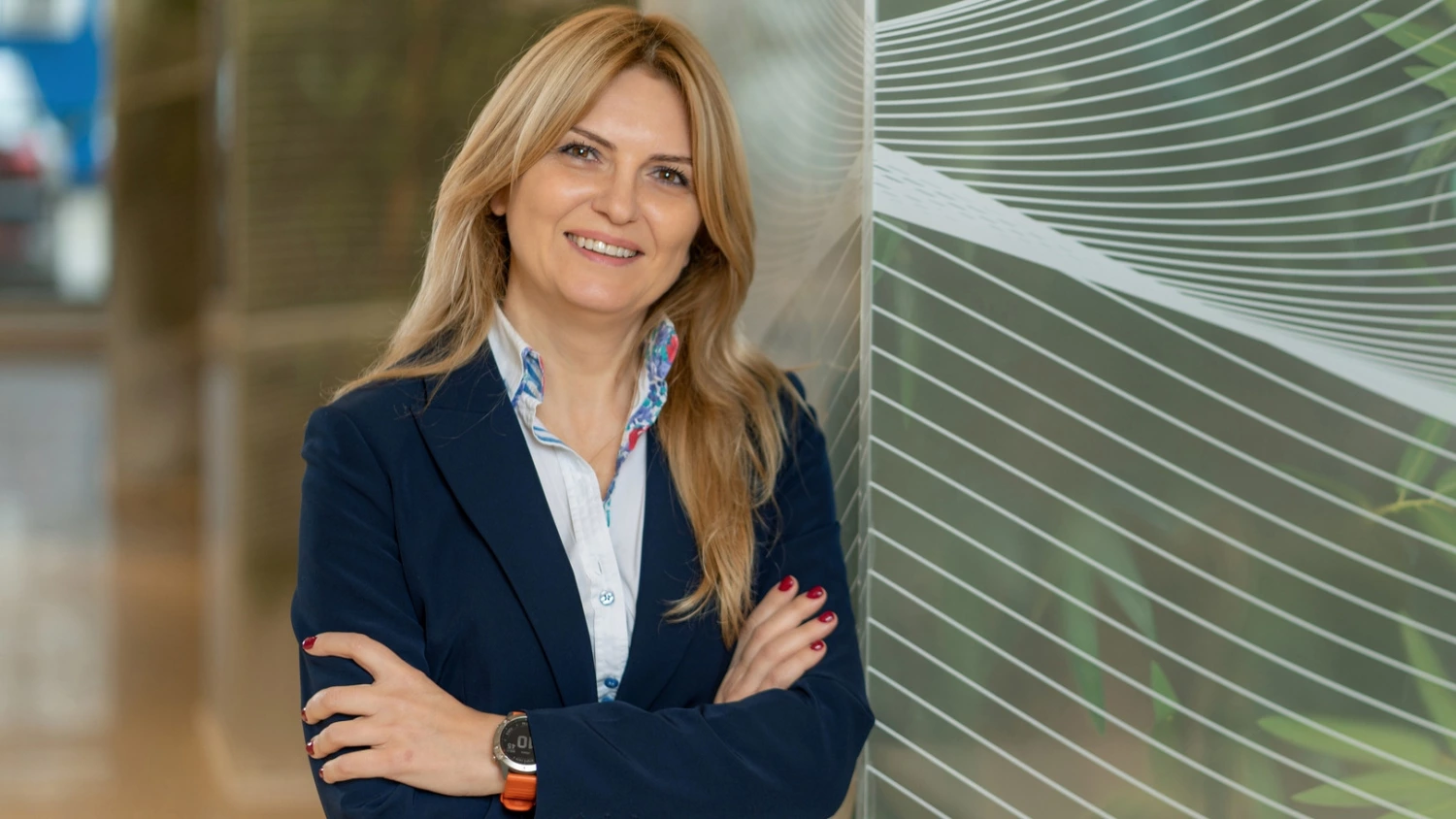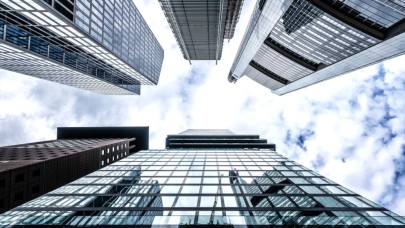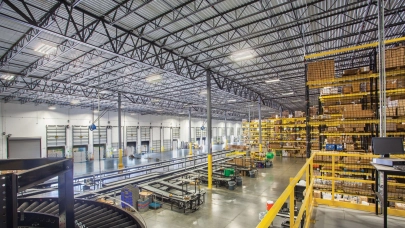
In recent years, many shifts in labour market trends have occurred as companies try to navigate unpredictable social contexts and find the best arrangements for their employees while maintaining high performance. From working in the office to working completely remotely, white-collar employees have tested all scenarios, with the hybrid model emerging as the most popular, according to Marcela Stancu, Community Director at Genesis Property.
Initially perceived as social experiments, remote and hybrid working models have been the subject of many studies on productivity, talent retention, and employee wellbeing. While some companies embraced flexible working models and allowed their employees to choose where to work, others clung to rigid return-to-office (RTO) policies. In this regard, a recent study by Great Place to Work revealed that forcing employees to return to the office without giving them any flexibility is an outdated and even detrimental approach to retention and productivity.
The study of 4,400 U.S. employees showed that those who enjoy flexible work options are three times more likely to want to stay with their organisations and are significantly more inclined to put in extra effort on the job. These employees report better relationships with their managers and healthier work environments, both psychologically and emotionally. In contrast, rigid RTO mandates are linked to higher turnover and increased disengagement.
However, it’s important to recognise that despite the growing preference for flexible work, the office remains a vital space for many employees, particularly younger ones. A recent survey by Genesis Property, the company founded by Romanian entrepreneur Liviu Tudor, which included 1,208 respondents from various generations across Romania, reveals that nearly 70% of Gen Z employees feel they need to be in the office at least three days a week to maximise productivity. Furthermore, 62% of them already work full-time from the office. This preference for office work is higher among Gen Z compared to Millennials, of whom 56% feel the need to be in the office at least three days a week, and Generation X, where this sentiment is shared by 73%. Currently, 51% of Millennials and 65% of Gen X employees work in the office every day.
Interestingly, 8 out of 10 Gen Z employees believe that working from the office supports faster career advancement. This perspective is echoed by 84% of all respondents in the Genesis Property survey, who agree that career progression is quicker for those who work more from the office. Additionally, the relationship with managers significantly influences the decision to work more days from the office, with 82% of employees across all age groups deeming it important or very important.
Despite these benefits, a large percent of employees still face rigid mandates dictating where they must work. This top-down approach is not only counterproductive, but it is also damaging to the very culture of the workplace. On the other hand, high-trust workplaces score much better, with employees reporting a psychologically and emotionally healthy environment.
Recent studies by Genesis Property showed that physical workspaces are conducive to productivity and well-being. However, the traditional office model is evolving, and companies need to look for spaces that meet their employees’ needs. The modern workforce values flexibility, autonomy, and work-life balance. By accommodating these needs, employers not only enhance employee satisfaction but also contribute to the overall success of their organisations.
In this context, Genesis Property, one of the leading owners, developers, and operators of office buildings in Bucharest, takes its role in shaping modern workplace environments very seriously. With this in mind, Genesis Property anticipated the future of work and created YUNITY Park, the first implementation of the innovative YUNITY real estate concept. YUNITY Park offers a broad spectrum of spaces, facilities, and experiences for employees. In addition to state-of-the-art office spaces with high sustainability standards, the YUNITY Park campus features a 1,000-square-metre urban forest, an outdoor amphitheatre with a capacity of 1,500 people, 2,000 metres of pedestrian walkways, tiered promenades, stepped water mirrors, and creative spaces for relaxation, meetings, and events.
With employees’ needs ever-evolving, a modern workplace must check as many boxes as possible when it comes to facilities and offerings. A retention strategy should always allow flexibility, even when making the office space appealing to employees. We at Genesis Property are constantly trying to support managers’ efforts to bring their employees back to the office and facilitate this transition, ensuring that the workplaces in their office parks remain vibrant, dynamic, and supportive of the diverse ways in which people work today.



